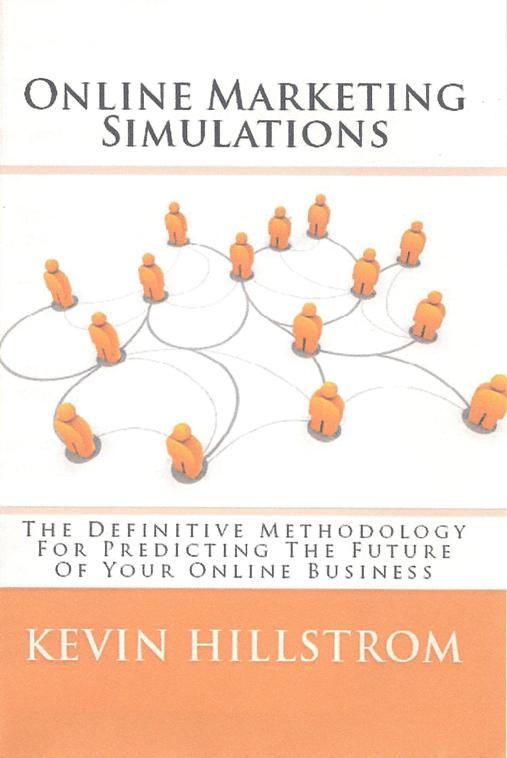"Hand On A Mouse" Syndrome
Seems like the past week has been 'reunion week' --- numerous phone calls from colleagues from all over the country. I wish there was a little more cheer in our industry. Maybe the end of the fiscal year has people edgy. For many retailers, this Saturday evening is the end of the fiscal year. Be careful out there this Saturday evening, folks. Way too many fiscal year end celebrations get out of control.
One of the more interesting discussions was with a former colleague. This person talked about bring branded as a "database" person. In particular, this person said "Once folks knew I could get data, they didn't care about what I thought about anything, they just used me to get at more data."
All too often, our analytical folks are treated poorly by folks who have no idea they are mistreating anybody. I call this "Hand On A Mouse" syndrome, named after a computer user holding a mouse.
The syndrome occurs when a talented analyst gets so efficient at doing his/her job that management sees the analyst as the best way to get at information to promote various management strategies. Management uses the analyst as their own personal mouse, as a tool to access a corporate database.
If you are in management's shoes, this is a logical strategy. Management cannot keep up with the myriad of questions they are peppered with each day. An analyst who can quickly access the customer database becomes an ally, an asset.
Management appreciates the new found access to data. The analyst wants to showcase business analysis skills, not query skills.
Eventually, the questions asked of the analyst become more and more rudimentary, and easier for the analyst to get at. This allows management to answer more and more questions, allowing management to look good among their peers. Finally, feeling under-unappreciated, the analyst looks for and identifies career opportunities elsewhere.
Management wonders what went wrong? Management cannot possibly understand the fundamental problems, the frustration felt by the analysts.
How are your analytical folks perceived, where you work? Does "Hand On A Mouse" syndrome infect your analytical team members, and if it does, what do you do to vanquish it?
Labels: Hand On A Mouse Syndrome, management


